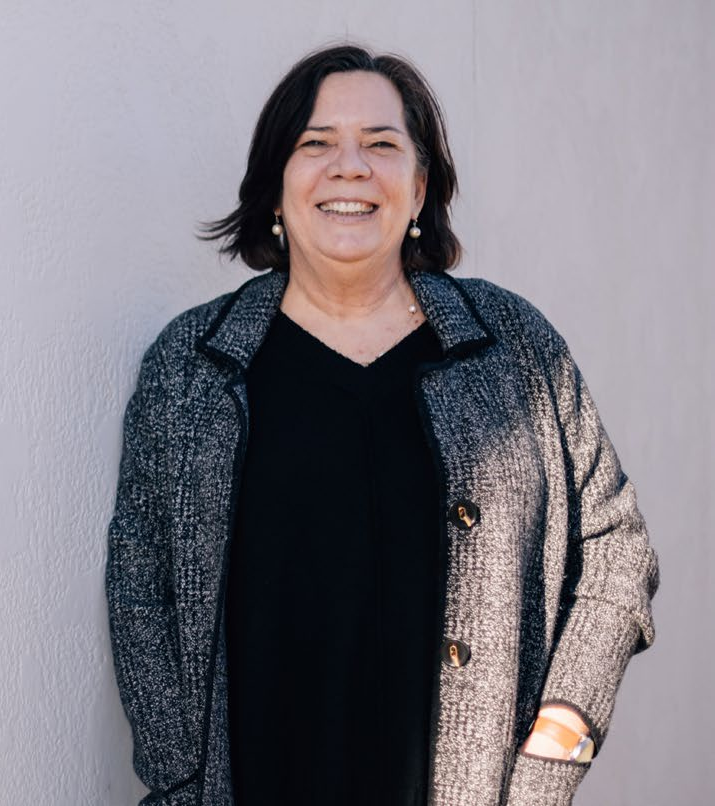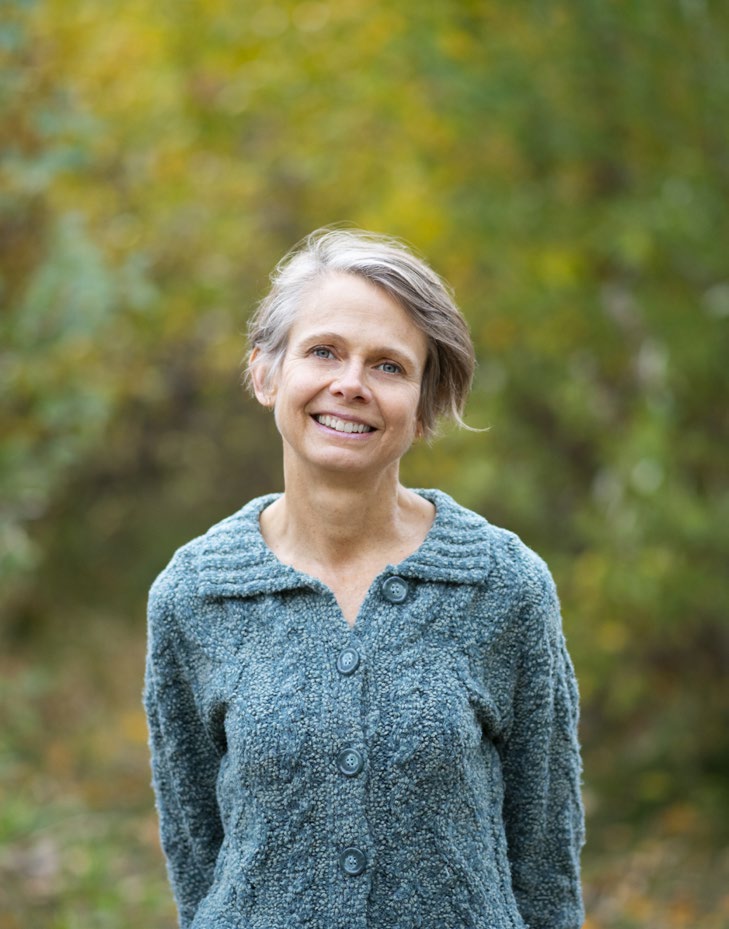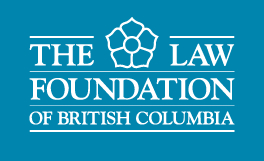Rural communities face similar economic issues to urban centres, like the housing crisis and inflation. Many rural workers engage in shift work in resource industries, which can strain family ties and relationships.
Funding for poverty and family law advocacy programs in places like the Kootenays and Northeastern BC is vital to address these issues. Here’s how three Law Foundation grantees are tailoring their services to local needs:
Fort St. John: including low-income people of all genders

Despite an average income of $120,000, this city of 20,000 residents is also marked by wealth inequality and poverty, especially during the economic downturns that often follow a boom.
Because most workers in the resource industries here are men, the Fort St. John Women’s Resource Society expanded its support to include lower-income residents of all genders. Their Family Law Advocacy Program is a recent but crucial addition to support families with members who work in the demanding resource industries.
Demand for its Poverty Law Advocacy Program has more than doubled in the last few years, and executive director Amanda Trotter doesn’t see this slowing down anytime soon. Fort St. John is a popular community for new immigrants and refugees seeking work, prompting Trotter to think about offering specialized support in immigration and refugee law in the future.
Nelson: wrapping services around the person

The Nelson Cares Society’s Advocacy Centre offers legal advocacy covering family law, poverty law, tenancy law, and laws surrounding women’s safety. Amy Taylor, a poverty law advocate, has worked there for 25 years. She’s noticing that “despite having all these services, things feel a bit more intense, as people’s basic needs aren’t being met,” she says.
The team at the Advocacy Centre perseveres, focusing on the gaps they can fill and on coordinating services to make assistance for low-income individuals easier to access. This approach is particularly crucial in the region because of its large geographical spread, where people may drive up to an hour just to access a single service.
Taylor works with many clients over the phone or by email, a practice that became commonplace after the pandemic. But she and her colleagues know many people who need to access family and poverty law don’t have access to a computer or find it difficult to use. To better reach the communities they serve, the team makes regular trips to drop-in centres in Nelson and Castlegar.
Cranbrook: advocating for systems-level change

The Community Connections Society of Southeast BC serves Cranbrook and the surrounding areas with legal information, referrals and support, including family and poverty law advocacy programs. Many Cranbrook residents work far from home in the resource industry, and travel away from home for days at a time. Such work schedules can unfortunately lead to more breakdowns in family dynamics, making family law advocacy a much-needed service.
In working with people with disabilities, poverty law advocate Noelle Goodfellow supports clients in navigating complex assessments for disability assistance. This support expands to coaching professionals, like doctors or social workers, in writing their portions of the assessments to best set their clients up for success.
Executive Director Nancy Reid says the organization also recognizes the need to reduce poverty at a systemic level, which includes contributing to requests for proposals for housing.
Photography credits (in order of appearance):
– Hope Linzee Photography
– Kari Medig
– Nicole Leclair
